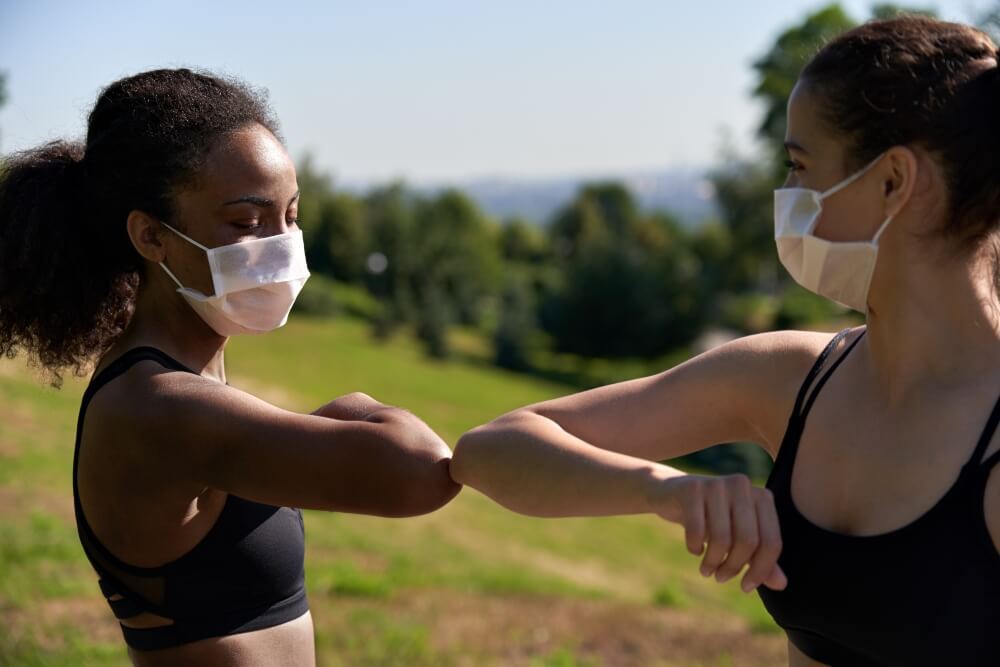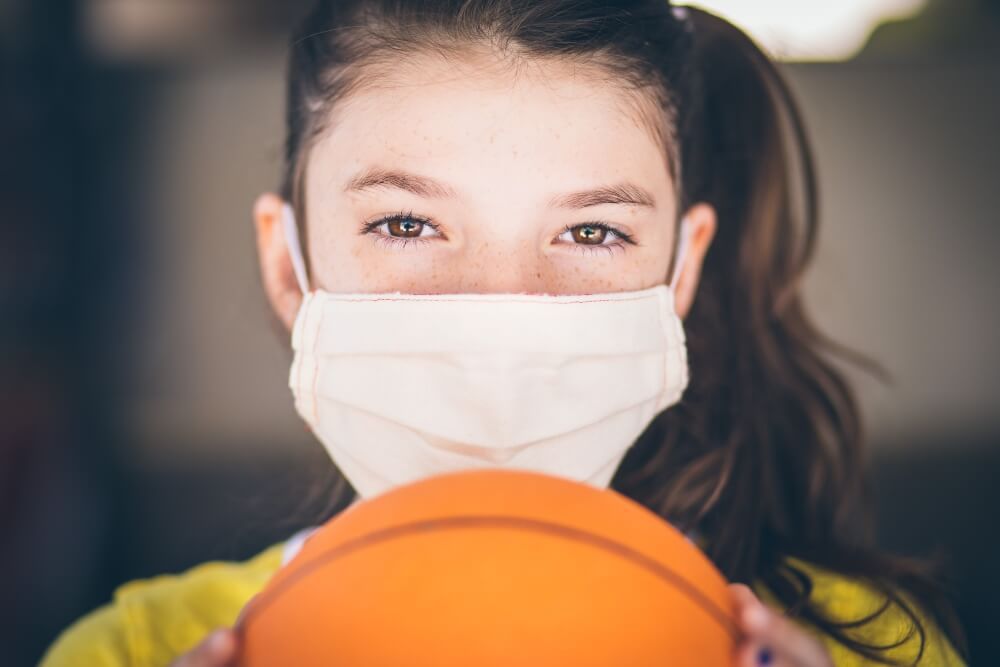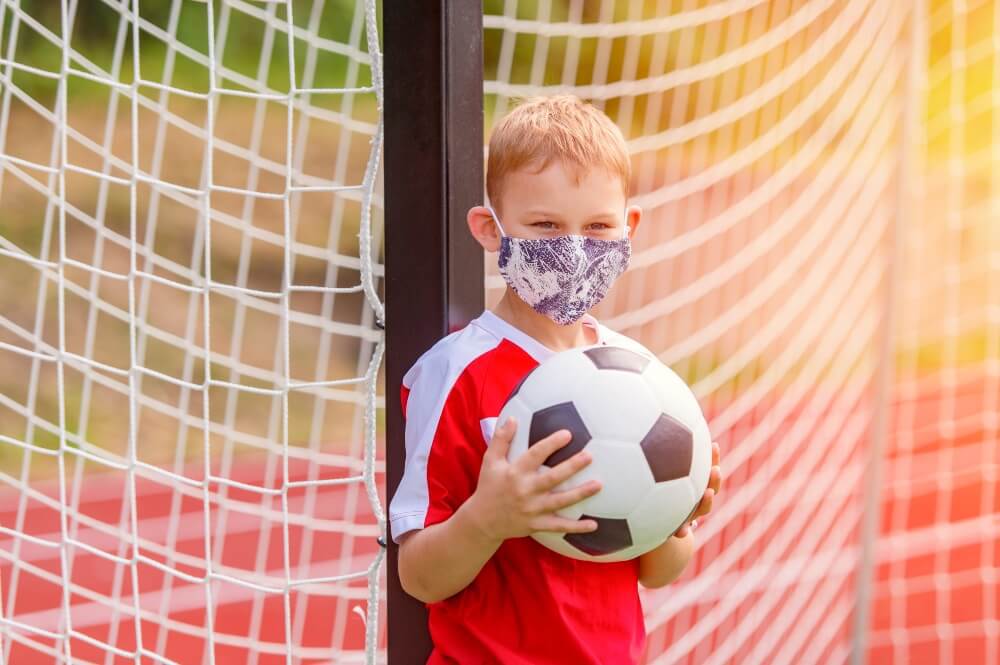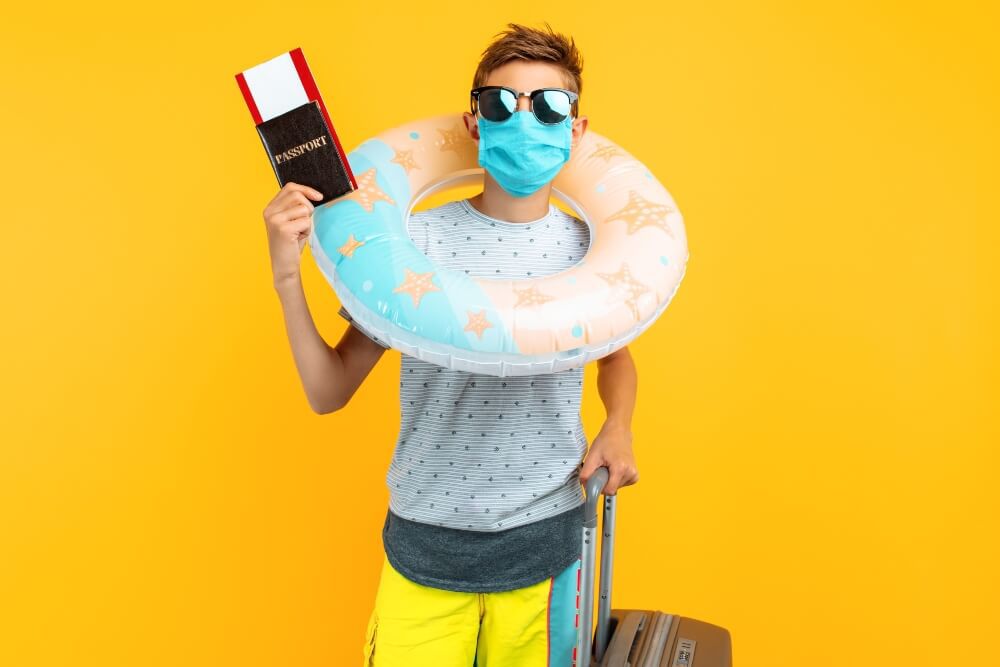Many parents have been asking, “Is summer camp still too risky in 2021 with COVID-19?” Summer camp has always been an important experience for many children. It is perhaps more important for children this year whose lives have been disrupted socially and educationally by COVID-19. The decision about whether or not to have your child participate in a summer camp experience must be based on your individual child, household, and community’s circumstances. There is not a single answer that will fit each and every child and should be discussed with your family physician. One needs to consider whether or not members of your household are vaccinated, whether or not your camper is fully vaccinated, the health status of members of your family, the infection control measures at the camp you are considering, and the current rate of COVID-19 infection in your community. Never the less there are some things to look for when you are considering a summer camp:
The lowest risk scenario is where campers remain together daily who are fully vaccinated. These campers under the current guidelines could return to a normal camp experience. This does not mean that they are completely immune from getting COVID 19. Should one of these campers or staff members become symptomatic they should be tested and quarantine until the results of the test are known. If positive they should be removed from camp. It is no longer necessary for their fellow vaccinated campers to quarantine or be tested unless they too develop symptoms. This is the ideal camp experience.
The next lowest risk scenario is where small groups of campers who are not vaccinated or unable to be vaccinated at the current time remain together daily and every day. These unvaccinated campers remain at least 6 feet apart and do not share objects. Outdoor activities are prioritized over indoor activities. Ideally, campers would be from the same community when possible. Obviously, as you relax each of these criteria the risk of spread increases.

- Staying home when appropriate: Unvaccinated counselors and campers should stay home if they are sick or had recent contact with someone with known COVID-19. Screen children and staff prior to arrival to camp. In the case of summer camp, they should be rescreened 7 to 14 days later. Ask your camp director what protocols they are following should someone (camper or counselor) test positive for COVID 19? Are they following CDC guidelines? In the case of sleep-away camps do they have a quarantine bunk should a camper or counselor test positive for COVID 19 during their stay? Do they have the capability to perform rapid tests as well as backup PCR testing on-site for contact tracing in the case of unvaccinated campers? Do they require that their staff be vaccinated?

- Handwashing: Teach and reinforce good handwashing for at least 20 seconds and if soap and water are not available then use hand sanitizer with at least 60% alcohol.
- Masks: Make sure that the camp you chose reinforces the use of masks for unvaccinated campers or staff. This can be challenging to wear in all-day settings such as camp but still encouraged. Note that masks should not be worn by children under 2 years of age, anyone having trouble breathing, and anyone who would be unable to remove the mask without help. For sports recommend cloth face coverings at all times during group training and competition especially on the sideline, in dugouts, and during team chats. Masks can be removed for some sports such as water sports where wet masks would make it difficult for the child to breathe. Also avoid using during gymnastics, cheerleading, tumbling, and wrestling where masks can get caught on equipment or other body parts and cause an accident.

- Choice of Sports for Unvaccinated Campers: Emphasis on non-contact sports (tennis, golf, and running) and activities (drama and crafts). Minimize the use of shared equipment such as balls and rackets. Frequently clean equipment must be shared. Note that according to current guidelines there are no restrictions for healthy, asymptomatic fully vaccinated campers.
- Encourage outdoor activities as much as possible: Remember that new recommendations have eliminated the use of masks for fully vaccinated children. Unfortunately, campers less than age 12 do not qualify for vaccines at this time. Please vaccinate your children age 12 years and older and return their lives to a more normal experience.
- Meals: Have campers bring their own meals as feasible (day camp only) and eat in separate locations, preferably within their own small group which they travel with throughout the day at camp. Be mindful of children with food allergies. Use disposable utensils. If food is being offered it is better to be pre-packaged. Avoid sharing of foods and utensils. Avoid the use of dining halls or cafeterias if at all feasible for unvaccinated campers. Children should bring their own water bottles and avoid the use of water fountains. Consider staggered meal times if space is an issue to allow for adequate cleaning prior to a new group arriving. Note that the dining hall option is still viable if all of your campers and staff are vaccinated.: Have campers bring their own meals as feasible (day camp only) and eat in separate locations, preferably within their own small group which they travel with throughout the day at camp. Be mindful of children with food allergies. Use disposable utensils. If food is being offered it is better to be pre-packaged. Avoid sharing of foods and utensils. Avoid the use of dining halls or cafeterias if at all feasible for unvaccinated campers. Children should bring their own water bottles and avoid the use of water fountains. Consider staggered meal times if space is an issue to allow for adequate cleaning prior to a new group arriving. Note that the dining hall option is still viable if all of your campers and staff are vaccinated.
- Events, Visitors, and Field Trips: Avoid large events or gatherings where there cannot be social distancing of at least 6 feet between people. Limit non-essential visitors and for sleep away camps should not have parents’ weekend. Avoid field trips that would increase exposure risk.
- Staggered Scheduling and Cohorting: Stagger arrival times and drop-off times by cohort (group) for unvaccinated campers to limit potential exposure. These small cohorts of unvaccinated campers should travel throughout the day together to activities and meals. In the case of sleep-away camp, they should bunk together as well to avoid cross-contamination.
While this is not the ideal camp experience for unvaccinated campers, it allows for a positive summer camp experience while still reducing the risk of COVID 19 exposure to your child and your family. The ideal situation is to vaccinate your child age 12 and older with the COVID 19 vaccine. Note those children age 12 years up to 18 years are currently only eligible to receive the Pfizer COVID 19 vaccine. Hopefully, the other vaccines will be approved for this age group in the near future but not in time for summer camp.





